The love of pets is deeply rooted in Dutch culture. No less than 86 per cent of Dutch people have a pet or used to have a pet. Pets are considered an integral part of family life.
One or more animals run, fly or swim in almost half of all households. After socialising, unconditional friendship is the second most important reason for bringing an animal into the home. In the case of dogs, for example, the desire for more exercise and activity is also a frequently cited reason (55 per cent).
The attachment of the Dutch to their pets – at least in the case of dogs – goes beyond simply keeping them.
The study shows that people are increasingly taking their dogs on holiday with them and, compared to previous surveys, are less likely to keep them in boarding kennels or with family members, friends and neighbours. When pet owners go on holiday alone, family and friends are the most important places for their pets to stay.
The question of nutrition
Dry food is the most important source of nutrition for pets. Owners mainly buy it in pet shops or online. 36 per cent of dog owners give their dog a treat every day. Almost 20 per cent of cats and 40 per cent of dogs receive a daily treat intended for humans, such as cheese or sausage. On average, 25 per cent of pet owners occasionally buy an alternative food for their pet. Food with an animal welfare label is in the foreground, followed by food that is less harmful to the environment or is organically grown. In addition, a small group occasionally buys food with alternative protein sources and vegetarian food.
Of all dog owners, 30 per cent stated that their dog had health problems. These were mainly dental problems, obesity and/or allergies. Of the cat owners, 27 per cent stated that their pet had health problems. These are mainly overweight (9 per cent), dental problems (5 per cent) and other health problems (13 per cent) such as osteoarthritis, kidney and bladder problems.
On average, the Dutch spend almost 60 euros per month on pet food. The most is spent on horses and ponies, followed by reptiles and dogs. Spending on pet accessories is significantly lower at an average of around 15 euros per month.

 Menü
Menü

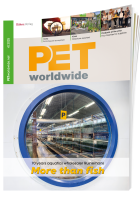



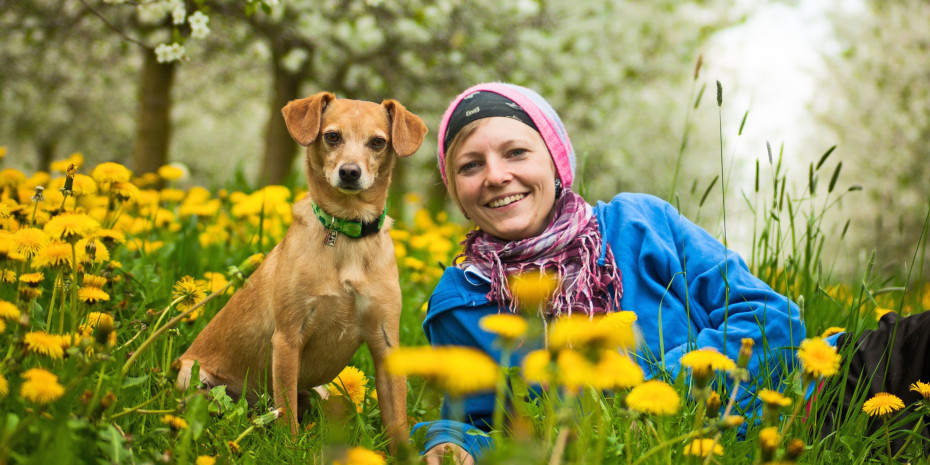


 04/2024
04/2024
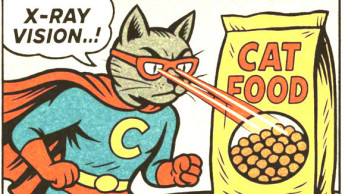
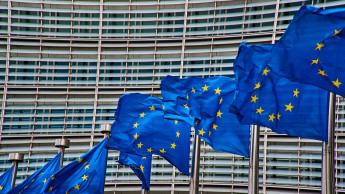
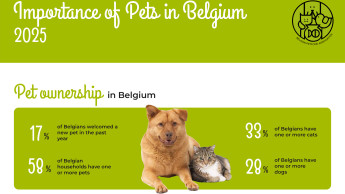
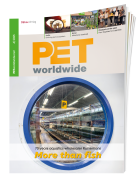


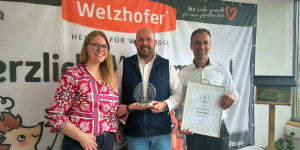


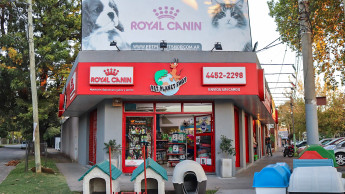
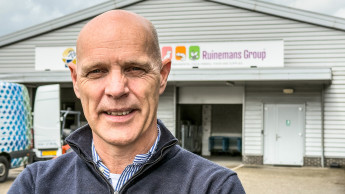
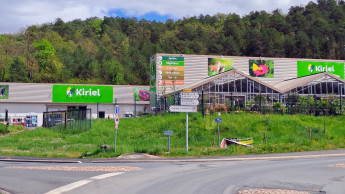
 Newsletter
Newsletter